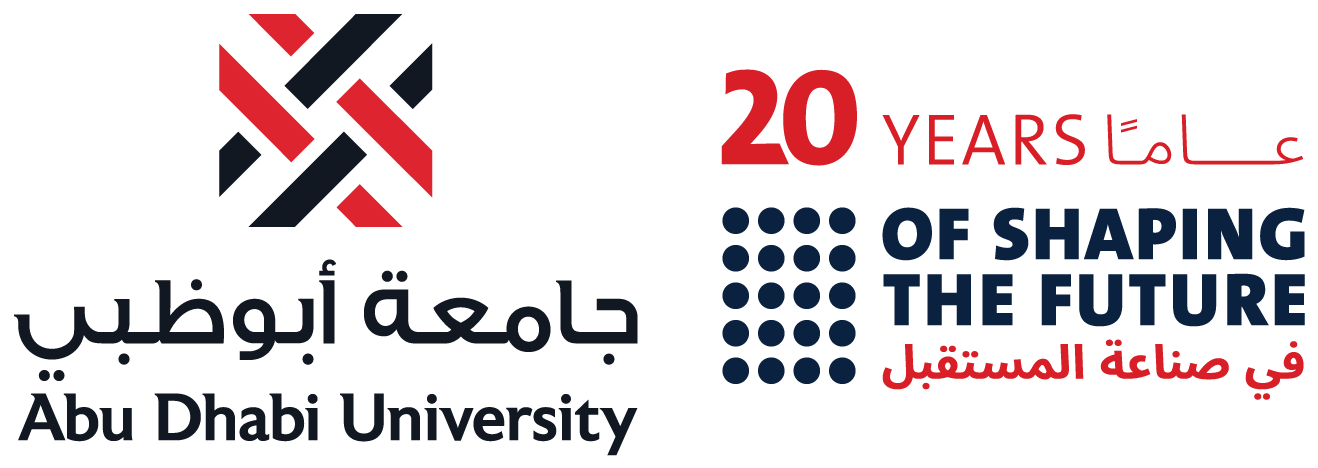The COVID-19 pandemic is widely considered a health and economic crisis, leading to significant loss of lives and jobs. Moreover, some of the lost jobs might never return, which could have short and long-term consequences related to the future of work and the economic security of employees. In turn, this requires organizations to understand the possible challenges that could occur after the pandemic and adapt to change.
Career challenges in addition to health challenges
COVID-19 has proven to be different from other health-related issues in recent memory. It brought some workplaces to a standstill, caused others to exceed the limits of their capacity, and it expressively altered numerous work settings, affecting people in multiple fields. After the pandemic, many practices and concepts have changed.
For instance, individuals now prefer to meet online, as it is safer and more cost-effective than traveling to another part of the country or the world. Other challenges that have significantly impacted employees and organizations include:
- Job insecurity
- Precarious work
- Intensification of work
- Excessive use of technology
- New techniques for work completion
- and the blurring of work boundaries.
All these issues have created a career shock, an extraordinary event that could result from factors outside people’s control and might trigger inadequate thought processes about individuals’ careers. Accordingly, some jobs and career plas are expected to disappear, and others would be altered to satisfy the new needs and demands of various workplaces.
Concept of career resilience
In recent years, the concept of career resilience has been introduced to overcome many of the challenges caused by this pandemic. Specifically, career resilience refers to the ability to adapt and persist when confronted with disruptions and acknowledging the importance of current careers in a turbulent economic environment. Stories about individual resilience abounded during the pandemic. For example, many worked remotely, front-line employees risked their lives, and many had to adapt their lifestyles due to unemployment. Ultimately, it is important to focus on encouraging individual resilience rather than on changing the environment, which might often be the root cause of the problem.
References:
- Akkermans, J., Richardson, J., & Kraimer, M. L. (2020). The Covid-19 crisis as a career shock: Implications for careers and vocational behavior. Journal of vocational behavior, 119, 103434. https://doi.org/10.1016/j.jvb.2020.103434
- Hite, L. M., & McDonald, K. S. (2020). Careers after COVID-19: Challenges and changes. Human Resource Development International, 23(4), 427-437. https://doi.org/10.1080/13678868.2020.1779576
- Kossek, E. E., & Perrigino, M. B. (2016). Resilience: A review using a grounded integrated occupational approach. Academy of Management Annals, 10(1), 729–797. https://doi.org/10.5465/19416520.2016.1159878
Dr. Afaf Kamal Hassan
Assistant Professor of Environmental Health and Safety
College of Health Sciences
Abu Dhabi University
